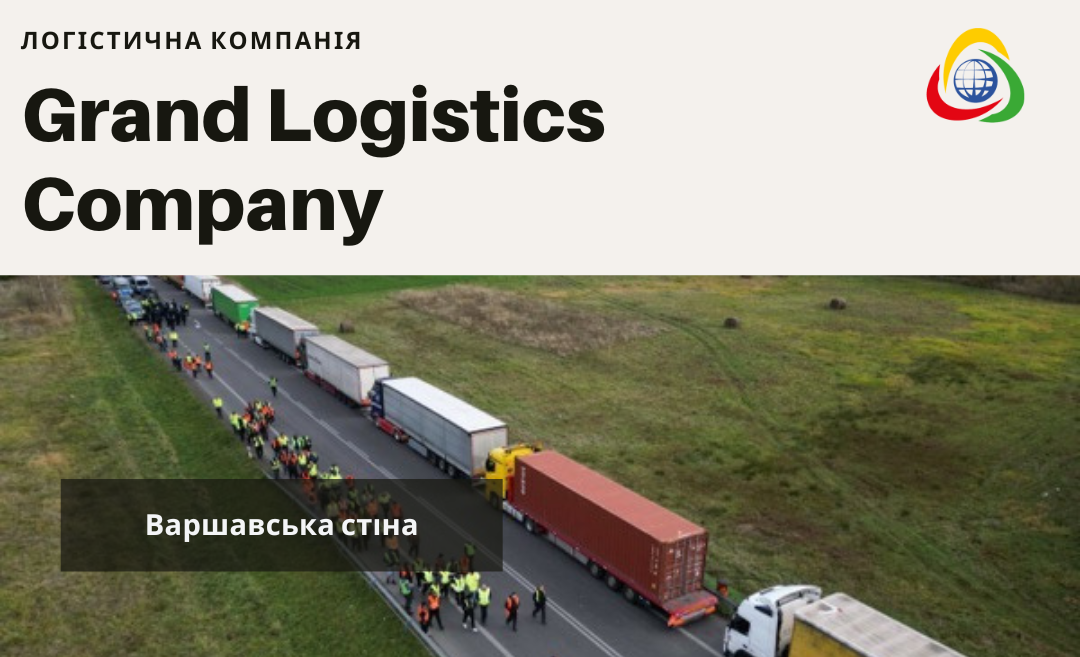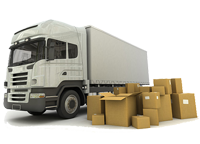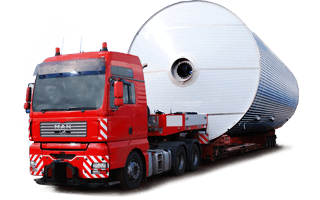The protest of Polish farmers at the border with Ukraine is leading to traffic jams and blocking the passage of almost two thousand Ukrainian trucks at six closed checkpoints. While the Polish side claims that humanitarian cargoes pass without issues, Ukrainian truck drivers report frequent delays and uncertainty in schedules.
As the Polish Prime Minister considers the possibility of temporarily closing the border, Ukrainian experts express dismay, arguing that it will only exacerbate the situation and fail to address the farmers' issues. Moreover, such a move could impact the economic stability of both countries. The Ukrainian side has proposed a "mutual understanding plan," including the reinstatement of quotas on agricultural exports, to find compromise solutions. Meanwhile, experts point out internal problems in Polish agriculture that have also contributed to the farmers' complex situation.
Competition
The focus on processing and cooperation remains relevant. Currently, Warsaw is asking Brussels to help export excess grain from Poland to countries in need. However, experts believe that Poland could benefit more by processing grain and selling finished products on the global market.
"Turkey has done an excellent job in this regard, establishing powerful productions, for example, pasta, based on available Ukrainian grain. They successfully enter markets thanks to this raw material. Poland should follow this path. Unfortunately, in recent years, we have done too little in this direction," believes Jacek Piechota.
According to Veronika Movchan, Director of the Institute for Economic Research and Political Consultations, Poland should develop processing of available raw materials to improve cooperation with Ukraine, which has significantly improved its economic efficiency in agriculture in recent years.
"Ukraine can be a competitor, but that does not mean Poland should reject Ukrainian grain. Together, we can achieve greater success than trying to isolate ourselves from Ukrainian competition. Initiating an investigation can help identify the real causes of market problems and find effective solutions," emphasizes Veronika Movchan.
Regarding grain transportation across the border, experts note that the situation is not yet critical as there are alternative routes. However, it is important to understand that the Ukrainian economy heavily relies on land routes.
"Ukraine needs support to operate its economy. The stronger Ukraine's economy is, the less dependence it will have on international aid," notes the expert.
Sharp changes in the grain market could lead to serious losses for all parties. Therefore, it is important to seek compromise and understanding for joint development.
Russian Influences
Russian influences observed in Ukraine and Poland at present manifest in a series of provocative actions aimed at undermining relations between the two countries. These provocations include spreading fake news on social media, scattering Ukrainian grain from wagons and trucks, and setting fire to Ukrainian monuments in Poland.
Jacek Piechota, Chairman of the Polish-Ukrainian Economic Chamber, claims that behind these provocations are specially hired individuals whose aim is to worsen relations between the two countries. He believes this is part of a larger strategy aimed at destabilizing the region and creating tension between Ukraine and the European Union.
The consequences of these provocations can be serious for both countries. They can lead to strained relations, loss of trust, and even the imposition of restrictions at the border between Ukraine and Poland. Such actions not only threaten economic cooperation and trade between the countries but also can disrupt peace and stability in the region as a whole.
DO YOU HAVE QUESTIONS?






